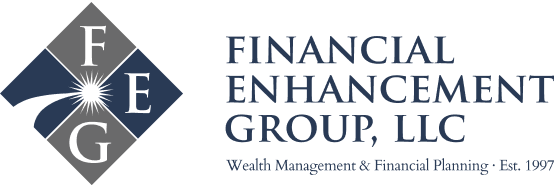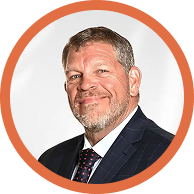Retirement planning can often feel like navigating a maze – especially for the self-employed.
Without access to employer-sponsored plans, many entrepreneurs assume they have limited options. But in reality, the self-employed have a variety of powerful tools available to help secure their financial futures.
Self-employment, a vital engine of the U.S. economy, presents both unique challenges and significant opportunities. Whether you're a sole proprietor, LLC owner, or operating under a partnership or S/C-Corp structure, you can find retirement strategies designed with your business in mind.
Sole Proprietors: Simple Structures, Powerful Tools
Sole proprietors operate independently and typically file taxes using Schedule C on their personal 1040. One common misconception is that they lack access to meaningful retirement planning vehicles. In truth, plans like the SEP IRA and Solo 401(k) are tailor-made for these business owners.
- SEP IRA (Simplified Employee Pension):
A SEP IRA is an excellent starting point for early savers. Contributions are tax-deductible, reducing your taxable income today, and the investments grow tax-deferred until retirement. It’s easy to set up, low maintenance, and well-suited for those looking to build a strong foundation. - Solo 401(k):
For those seeking greater flexibility and higher contribution limits, the Solo 401(k) may be the better fit. While it requires a bit more administrative setup, it allows both employee deferrals and employer contributions, and the Solo 401(k) offers Roth options. This dual contribution structure gives you more control and potentially more tax advantages.
The Solo 401(k) also supports “mega Roth” strategies, combining tax deferral with tax-free growth – making it a powerful tool for aggressive savers.
LLCs and S-Corps: Growing Businesses, New Considerations
As your business evolves into an LLC or elects S-Corp status, additional layers of complexity come into play. Setting up payroll becomes a necessity, and how much salary you pay yourself directly impacts your ability to contribute to retirement accounts.
A critical consideration: While reducing your salary may lower current Social Security and Medicare taxes, it can also reduce your future Social Security benefits. It's important to strike a healthy balance between present-day tax efficiency and long-term retirement security.
S-Corp Tips:
- Set reasonable salary levels to protect Social Security benefits.
- Coordinate payroll timing with retirement contributions.
- Work with trusted financial and tax professionals to ensure your decisions are aligned and compliant.
You're Not in This Alone
Regardless of your business structure, the key takeaway is this: You don’t have to figure it all out by yourself. With the right guidance, self-employed individuals can access the same powerful retirement tools as W-2 employees – often with even more flexibility.
For Businesses Seeing Steady Growth
If your business is experiencing consistent income growth, now is the time to explore income deferral strategies. Options like cash balance plans or non-qualified deferral programs can help you lower taxable income in high-earning years, while simultaneously boosting your retirement savings. These tools are especially valuable for business owners looking to reduce tax drag while building long-term wealth.
If any of these strategies sparked questions or ideas, we encourage you to take the next step. Schedule a meeting with the team at Financial Enhancement Group. Let us help you design a plan tailored to your goals, your business, and your life after work.
Financial Enhancement Group is an SEC Registered Investment Advisor.





